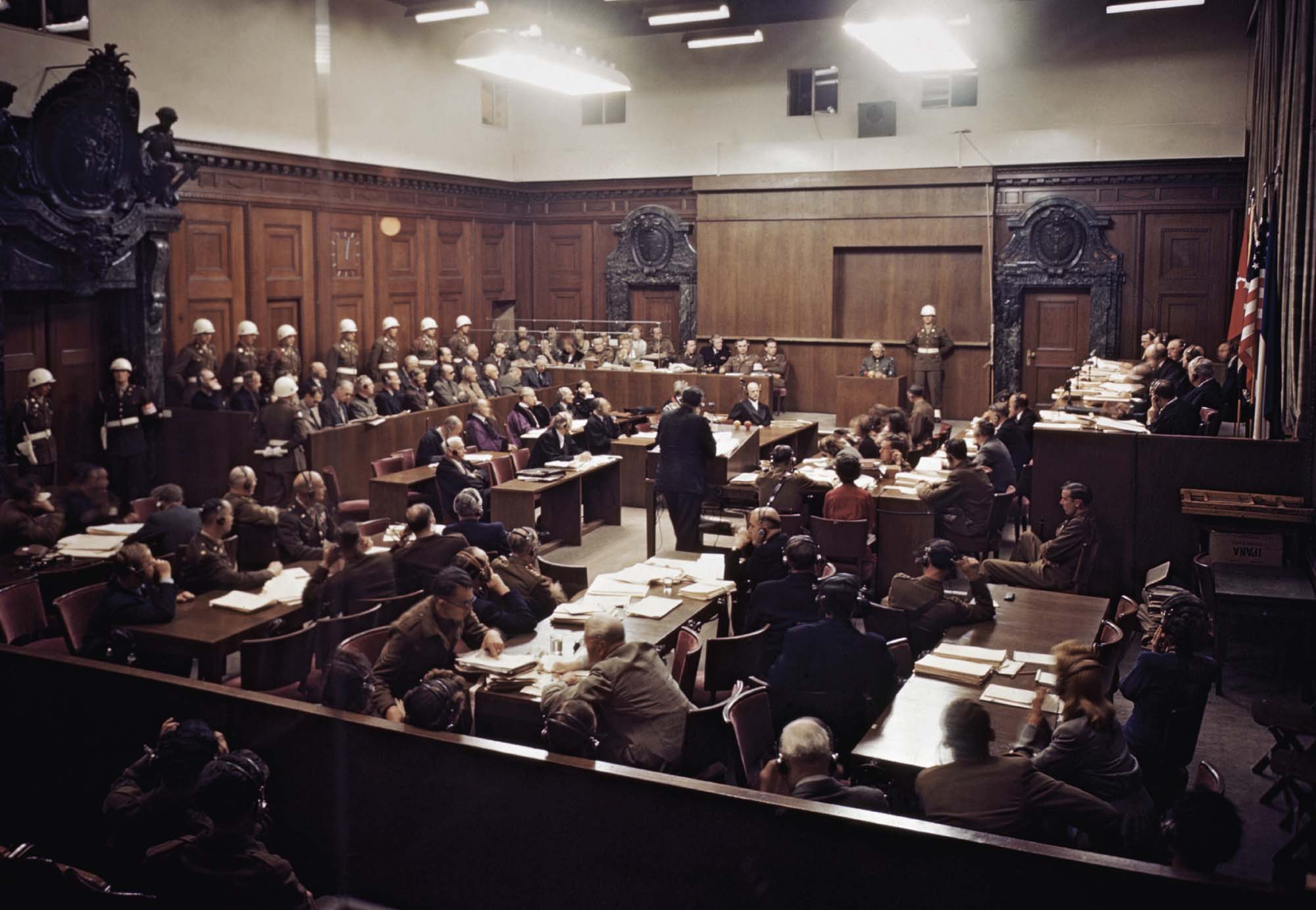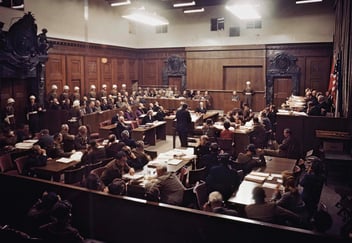The air in the courtroom grew heavy as Ahmad introduced the subject of his next argument: the Great Reset. The phrase itself, though laden with optimism in its proponents’ rhetoric, had become synonymous with sweeping changes that threatened the fabric of human existence. The term, popularized by global economic and political elites, promised a new era of sustainability and inclusivity. Yet, Ahmad argued, beneath the noble guise lay an agenda to reshape society in ways that could irreversibly harm the essence of humanity.
Ahmad stood tall, his voice calm yet resolute, as he laid out his case. “The Great Reset,” he began, “is not merely a call for change—it is an audacious attempt to redefine what it means to be human, to live in community, and to hold power. If unchecked, it will erode freedoms, concentrate control, and replace natural harmony with artificial constructs.”
The Promise of a Reset
Ahmad began by recounting the promises made by the architects of the Great Reset. At its heart was the idea that the crises of the modern world—climate change, inequality, and economic instability—required a fundamental overhaul of global systems. The proposed solution was an economic and social framework rooted in stakeholder capitalism, where the interests of all—businesses, governments, and individuals—were to be represented and balanced.
It sounded, on the surface, like a noble endeavor. Who could oppose sustainability, equity, and prosperity for all? But Ahmad warned that the devil lay in the details.
“The rhetoric of the Great Reset,” he argued, “is filled with words like inclusivity and fairness. But one must ask: who decides what is fair? Who sets the terms of inclusion? And at what cost are these ideals pursued?”
Stakeholder Capitalism and the Concentration of Power
Ahmad delved into the mechanics of stakeholder capitalism, the lynchpin of the Great Reset. The model proposed that businesses should not solely serve shareholders but should also prioritize the interests of other stakeholders, including employees, customers, and society at large. On the surface, it appeared a progressive alternative to unchecked capitalism.
Yet Ahmad pointed out the inherent flaw: stakeholder capitalism centralized power in the hands of a select few. It allowed multinational corporations and global organizations, rather than democratic institutions, to dictate policies under the pretense of serving the common good.
“This is not the empowerment of society,” he said. “It is the consolidation of power. It shifts governance from elected representatives to unelected technocrats, from communities to corporations.”
The courtroom listened intently as he explained how such systems, though cloaked in altruism, could undermine sovereignty and self-determination. Nations would be reduced to implementers of global policies, while individuals would be stripped of agency as their lives became governed by corporate algorithms and data-driven decisions.
The Threat to Private Ownership
One of the most controversial aspects of the Great Reset, Ahmad continued, was its vision of a world without private property. A promotional slogan from the movement declared, “You will own nothing and be happy.” The intent was to promote a sharing economy, reducing waste and fostering communal living.
But Ahmad saw a deeper danger. “To own nothing,” he argued, “is to be dependent. Dependence is the antithesis of freedom. When individuals cannot own land, tools, or resources, they become subjects of those who do.”
He painted a stark picture of a future where homes were rented from corporations, assets were digital, and even the tools of production were leased. Such a world, he warned, would create a population entirely reliant on a small elite, further eroding the principles of autonomy and dignity.
Biometric Currencies and the Erosion of Privacy
Ahmad turned to another cornerstone of the Great Reset: the introduction of biometric currencies and a unified ledger for economic transactions. He explained how such systems, tied to individual DNA, fingerprints, and health data, promised efficiency and security.
But beneath this technological marvel lay a chilling reality. Biometric currencies would enable unprecedented surveillance, linking every transaction to a person's identity. This data, combined with artificial intelligence, would allow entities to monitor and control economic activity with precision.
“This,” Ahmad said, his voice unwavering, “is not progress. It is a prison—a prison without bars, where every decision, every movement, every thought is tracked and judged.”
He spoke of a farmer unable to sell his produce without biometric verification, of citizens excluded from economic participation for failing to meet arbitrary criteria, and of a world where privacy was a relic of the past.
A Cultural and Philosophical Reordering
Beyond its economic implications, Ahmad argued, the Great Reset sought to redefine cultural and philosophical norms. It championed a worldview where technology and efficiency took precedence over human connection and natural law. Traditional institutions—families, communities, and faiths—were dismissed as outdated, replaced by systems designed to optimize productivity and conformity.
“This is not a reset,” he declared. “It is an erasure—an erasure of identity, of tradition, and of the very essence of what it means to be human.”
The Call to Resistance
As he concluded his argument, Ahmad turned to the principles of natural law and deen al-fitrah. He reminded the court that humanity’s rights were not granted by systems but inherent, rooted in the balance and justice of creation. He called upon Malaysians, and indeed the world, to resist the allure of the Great Reset and to reclaim their sovereignty.
“The Great Reset,” he said, “is a choice, not an inevitability. We must choose not to abandon our freedoms in exchange for promises of security. We must choose not to trade our humanity for efficiency. And above all, we must choose to remember who we are.”
The gavel fell, and the courtroom buzzed with the weight of his words. This was not merely a critique of policy but a call to action—a reminder that the future of humanity was not in the hands of technocrats but in the hearts of the people.
Ahmad’s argument, like the Great Reset itself, was revolutionary. But unlike the agenda he opposed, his revolution sought to restore, not reset, the natural harmony of the world. It was a call to return to fitrah, to justice, and to the dignity of being human.
11. The Great Reset – A Reordering of Humanity

Search
Category
Popular Post
Subscribe
Similar Blogs

15. The Fourth Industrial Revolution – Progress or Subjugation?
In the High Court of Malaya, Ahmad stood unflinching, a lone figure against the tide of global...

36. The Great Reset – Redefining Society at the Expense of Humanity
The courtroom in Sungai Petani was alive with anticipation. This was not a battle over mundane...

6. The Great Reset and the Redefinition of Justice
It is not often that humanity finds itself staring into the abyss, but the Great Reset was no...


